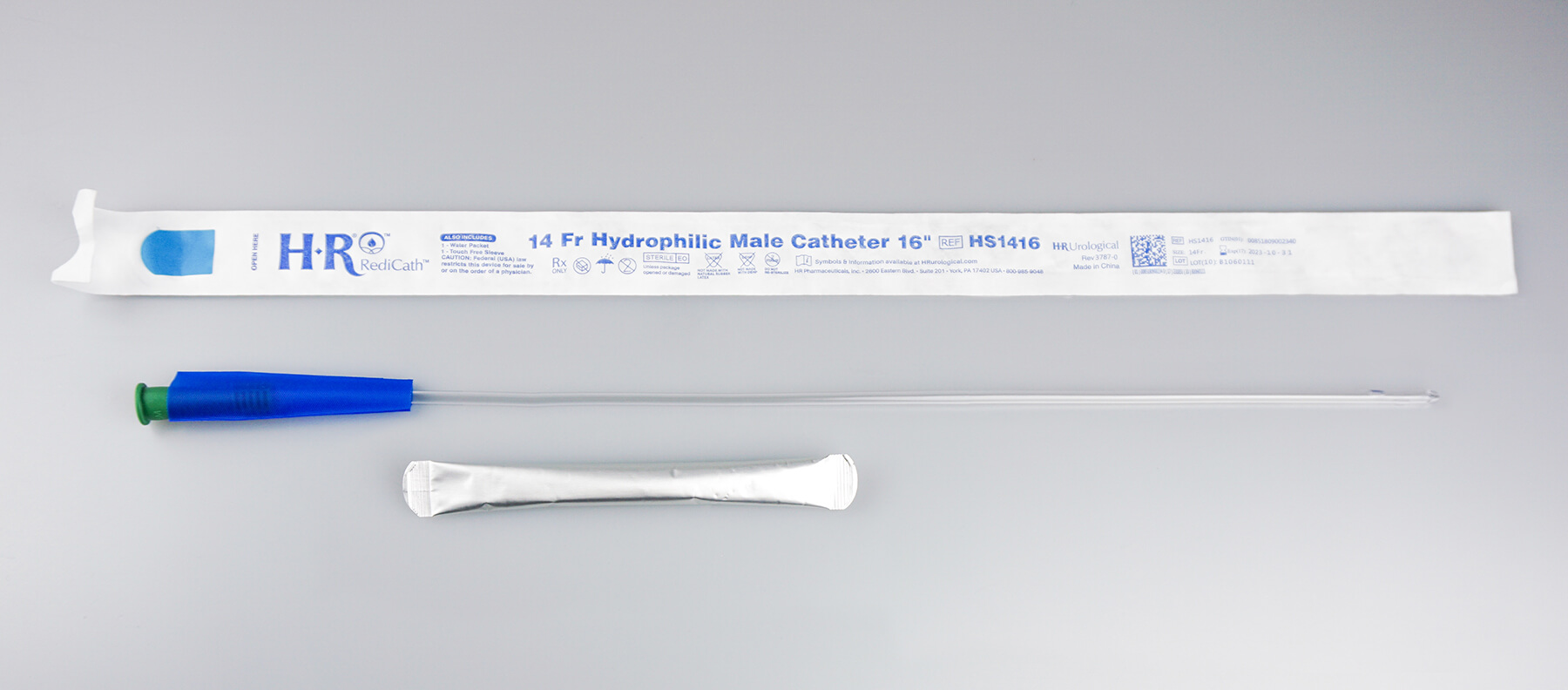If you’ve experienced blood in urine after intermittent catheterization, you may be wondering why.
Blood in urine after self-catheterization is a common complication for many ISC users. While seeing blood in your urine can be scary, it is generally not a cause for concern.
Join us as we discuss potential causes of hematuria and how to prevent it in the future.

What is Hematuria?
Hematuria is the presence of blood in the urine. When experiencing hematuria, your urine may be pink, red, brownish-red, or tea-colored instead of its usual pale yellow color. People who experience hematuria that results in blood clots in the urine may also suffer from bladder pain or pain in the back.
What Causes Blood in Urine?
Noticing blood in your catheter may be a sign of a urinary tract infection or trauma caused by catheter insertion. Friction from catheter insertion can cause abrasions or small tears that result in pain and bleeding. Additional causes of hematuria for catheter users can include a urethral false passage, kidney infection, bladder or kidney stones, and enlarged prostate.
Preventing Hematuria
Hematuria is more common in users who are new to intermittent self-catheterization. The best way to prevent intermittent catheterization complications like hematuria is to educate yourself on overall bladder health, follow a self-catheterization routine, practice good hygiene, and use the proper self-catheterization technique.
Switch to a Hydrophilic Catheter
When self-catheterizing, you should always use plenty of lubricating jelly or a pre-lubricated, hydrophilic catheter to help reduce discomfort, friction and potential trauma. TruCath® Hydrophilic Catheters are ready-to-use and come with an integrated water pouch that creates an ultra-slippery surface, allowing for easy and smooth insertion and removal.

Once you find a catheter that fits your needs and your self-catheterization technique improves, you should experience hematuria less frequently.
If you are a long-time ISC user and experience blood in your urine, you should consult your doctor for possible UTI or urethral trauma.
What topics do you want to read about?
We’re interested in your feedback on what topics you’d like to read about. Please contact us with your suggestion and we’ll do our best to cover topics that interest you.
